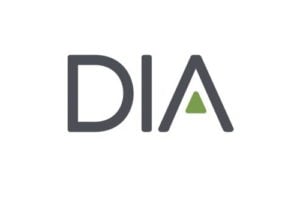Writing in the April edition of DIA’s Global Forum magazine, Maria Cristina Mota Pina of Abbvie on behalf of FIFARMA Regulatory & Biologics Working Group highlights the significance of regulatory reliance between regulators in the LatAm and Caribbean region and proposes how it can be strengthened.
Regulatory reliance is increasingly used around the world by National Regulatory Authorities (NRAs) with different levels of maturity. This concept is actively promoted by organizations such as World Health Organization (WHO), the Pan American Health Organization (PAHO) as a mechanism for NRAs to better manage resource capacity issues while simultaneously strengthening regulatory systems. This article presents some practical considerations and opportunities for a successful implementation of regulatory reliance with a focus on the specificities of NRAs in Latin America and the Caribbean.
Regulatory reliance is anchored in the overarching Good Regulatory Practices (GRP) and provides a process for sound and effective regulation of medical products (i.e., medicines, vaccines, blood and blood products and medical devices including in vitro diagnostics and other health products), as an important part of strengthening health systems. Countries with efficient regulatory systems will serve their patients by ensuring that safe, quality, and effective medical products are approved and are accessible to patients in a timely manner. Clear public health priorities based on medical needs, availability of medical innovation and regulatory capacity assessments should guide NRAs approaches to regulatory reliance.
In recent years, regulators in Latin America and the Caribbean have been increasingly implementing (or at least considering the implementation of) different reliance pathways. This process was somewhat accelerated by the global health emergency which emerged in early 2020 and simultaneously highlighted the need for agile decision-making by health authorities around the world. COVID-19 proved that, in public heath emergencies, reliance can help in regulatory preparedness and response. Nevertheless, the use of regulatory reliance in the region is still inconsistent and could be better aligned to recommended international best practices.
We recommend the following considerations for enabling reliance to reach its full potential in Latin America and the Caribbean.
To read the full article, visit the DIA Global Forum’s website here



